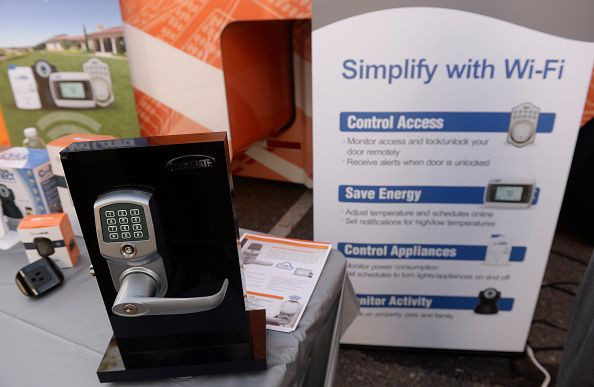Are Your Devices Secure? Consumer Reports Will Now Include Device Privacy, Security In Reviews

Responding to growing public worries about being hacked, Consumer Reports will start evaluating devices based on how secure they are from cybersecurity threats and how well they protect consumer data, the group announced in a post Monday.
The reviews group partnered with consumer privacy organizations Disconnect, Ranking Digital Rights and Cyber Independent Testing Lab to develop and hone methodologies it could apply to reviews. Consumer Reports has focused on testing and reviews of products in market sectors like computers, cars and home appliances.
The move comes amid larger trends in the consumer electronics space, as devices from home appliances to kids' toys come with functionality that allows them to hold onto consumer data and connect to the internet. For hardware in this burgeoning market, which is commonly known as the internet of things, this information is often integrated with little oversight and can leave data prone to abuse or theft. Former Federal Communications Commision chairman Tom Wheeler pushed for stronger rules to regulate the security of IoT devices late last year.
In Consumer Reports' post, director of electronics testing Maria Rerecich said that accountability plays a large role in why the group launched its program.
“All kinds of products and services collect consumer data and rely on software to work,” Rerecich said. “But no one has defined how companies should build these products to really be good for consumers in terms of privacy and other issues.
For Consumer Reports, the new reviewing focus on cybersecurity will focus on four main topics: how vulnerable products are to being hacked, what type of data devices are collecting from users, whether devices put unreasonable restrictions on what owners can do with their hardware and how soundly and ethically companies have previously tackled data and information issues.
© Copyright IBTimes 2024. All rights reserved.





















